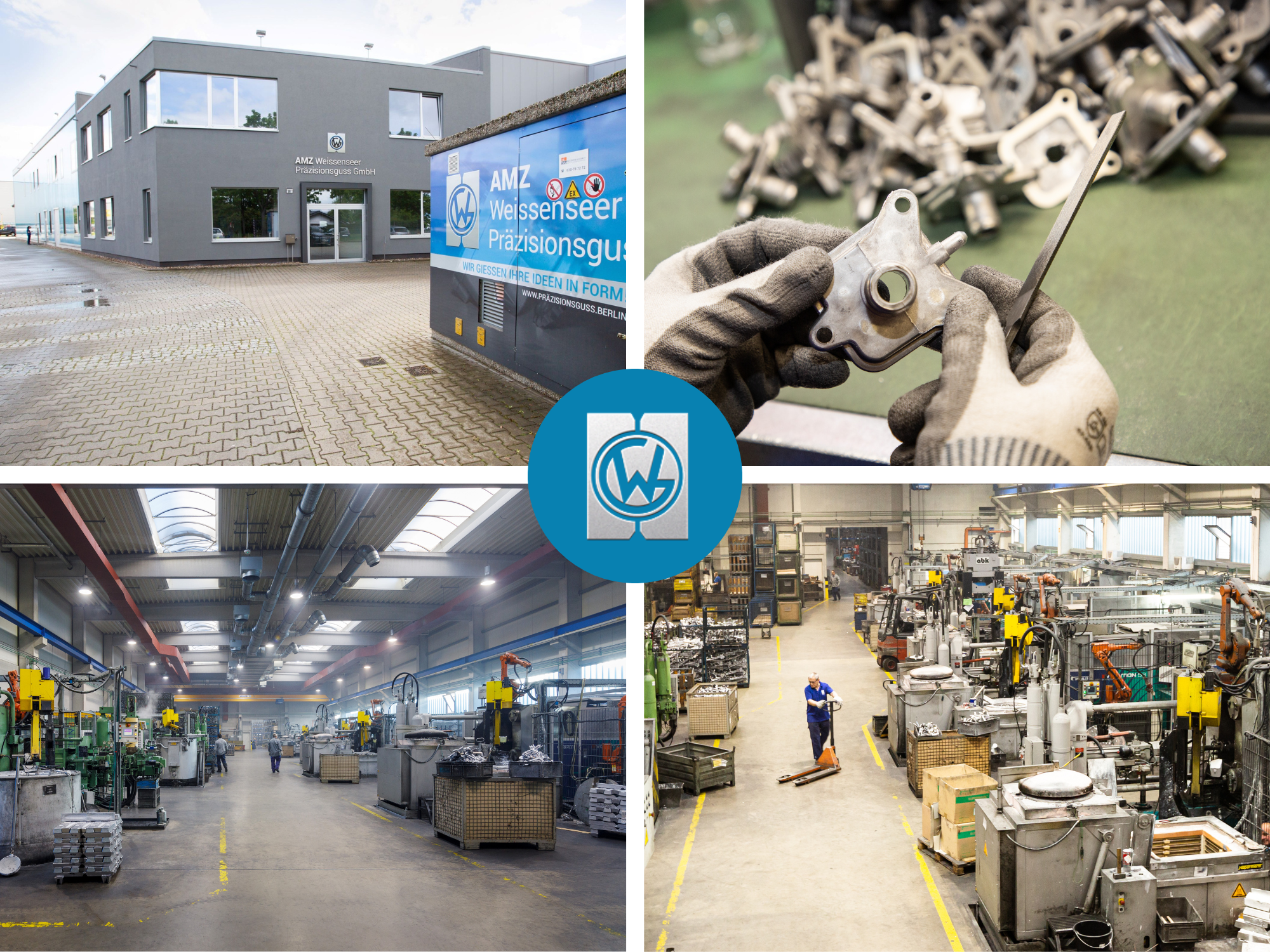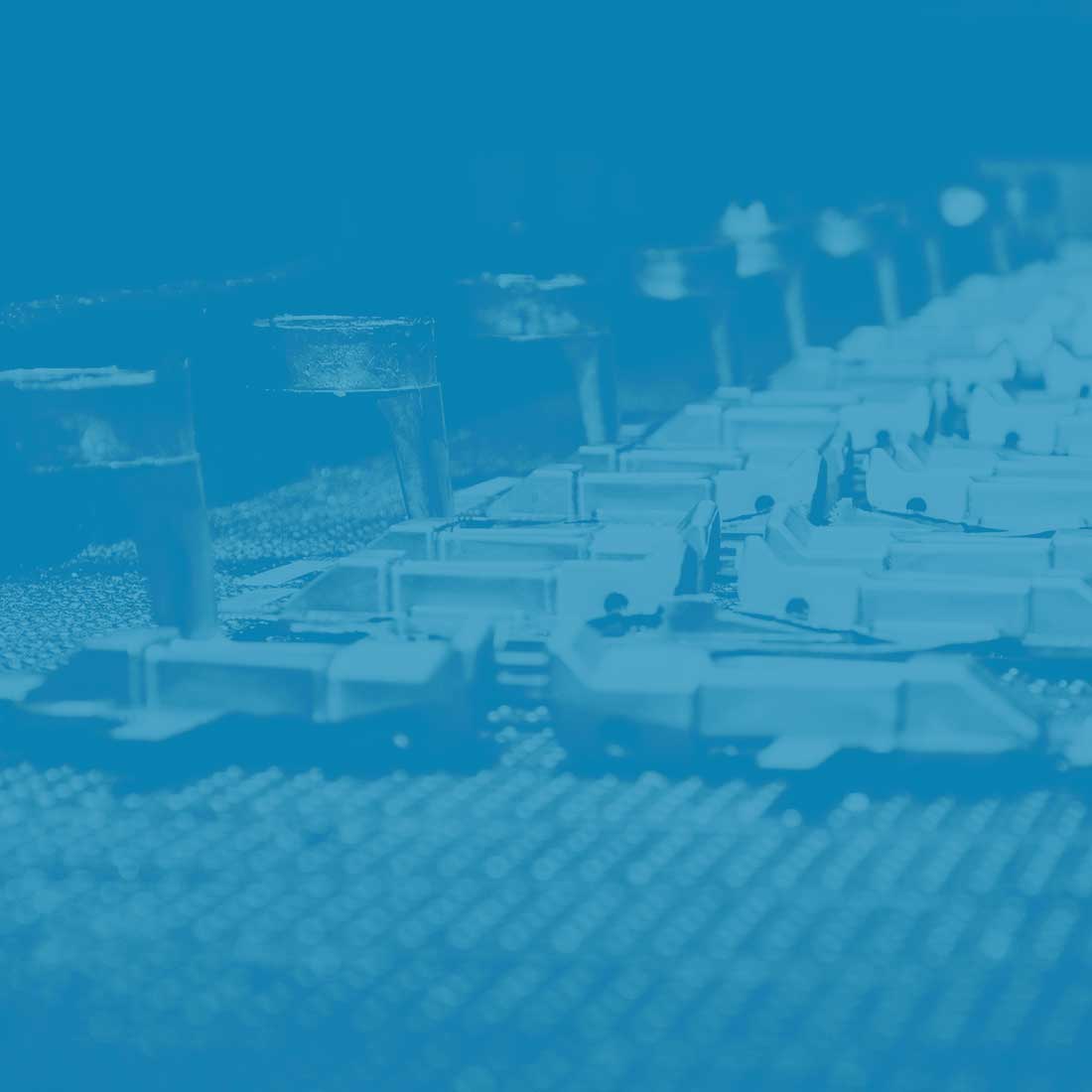Zinc die casting in perfection
What is zinc die casting?
Zinc die casting is a process in which liquid zamak is poured into a customized die casting mould and solidified under pressure to produce moulded parts. This so-called hot chamber process is energy-efficient and enables the economical production of large quantities in small and medium series. Due to the low thermal load, zinc die casting has a comparatively above-average tool life. In many cases, only one tool is required per series.
Advantages of zinc die casting compared to aluminum die casting
→ Low melting temperature (420 °C) allows the use of the energy-efficient hot chamber process, as zinc is not aggressive towards steel (unlike aluminum).
→ Longer tool life due to low melting temperature and low abrasiveness, minimizing wear and often eliminating the need for follow-up investments.
→ Higher production rate due to shorter cycle times and faster solidification, which increases the output per hour and reduces the machine hourly rate.
→ Superior mechanical properties such as higher strength, toughness and elasticity allow lower wall thicknesses with the same component weight.
→ High dimensional accuracy and excellent surface quality are ideal for intricate, complex geometries and haptically sophisticated design components.
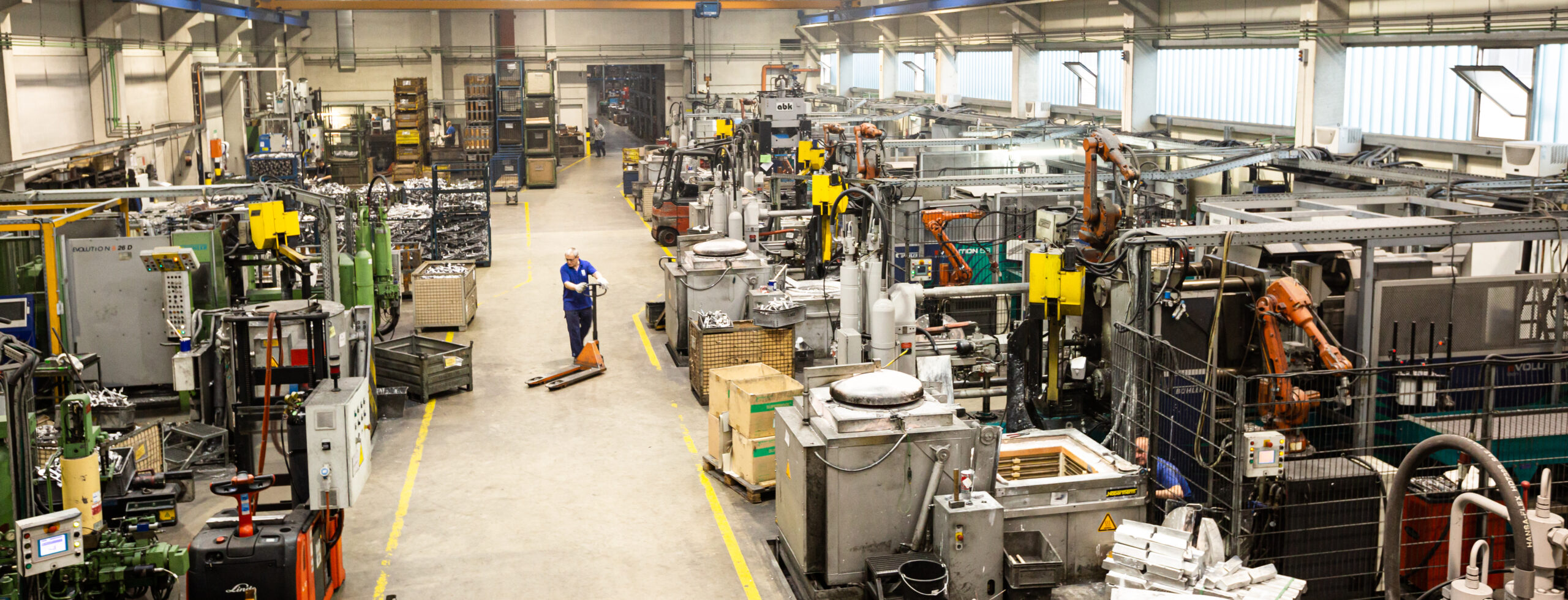
Why zinc die casting at AMZ?
→ Specializes in small and medium series in the weight range from 0.005 to 1.5 kg
→ Full-service partner from product design to surface finishing
→ Technical development advice to avoid change loops
→ Just-in-time production according to individual specifications
→ Replacement and post-series production possible (aftermarket)
MachinesOur machinery
![FireShot Capture 370 - Zinc Die Casting - AMZ Weissenseer Präzisionsguss GmbH - [www.amz-wpg.de] https://www.amz-wpg.de/wp-content/uploads/2025/05/FireShot-Capture-370-Zinc-Die-Casting-AMZ-Weissenseer-Praezisionsguss-GmbH-www.amz-wpg.de_.png](https://www.amz-wpg.de/wp-content/uploads/2025/05/FireShot-Capture-370-Zinc-Die-Casting-AMZ-Weissenseer-Praezisionsguss-GmbH-www.amz-wpg.de_.png)
MachinesOur machinery
| Hot chamber machines | Post-processing |
| Machine | Clamping force in t | Services |
| Frech DAW20
Frech DAW125 |
20 t (200 kN)
125 t (1,250 kN) |
|
Z430 alloy for zinc die casting
At AMZ, we rely on the proven zinc alloy Z430 (ZnAl4Cu3) – also known as Zamak 2. The combination of mechanical strength, wear resistance and castability makes it ideal for demanding zinc die-cast parts. The composition of zinc (93 %), aluminum (3.8-4.2 %), copper (2.7-3.3 %) and a small amount of magnesium (0.02-0.06 %) ensures a particularly stable structure.
Compared to the Z410 alloy (approx. 1 % copper), Z430 offers:
→ Longer service life due to higher strength and hardness
→ Less abrasion under demanding operating conditions
→ Thermally more stable microstructure at high temperatures
Z430 is therefore particularly suitable for components subject to high mechanical stress.
QUALITÄT
(SPECTROMAXx)
• Röntgenanlage (Bosello)
• 3D-Messsysteme
(Zeiss, Keyence, GOM)
QUALITÄT
• Röntgenanlage (Bosello)
• 3D-Messsysteme
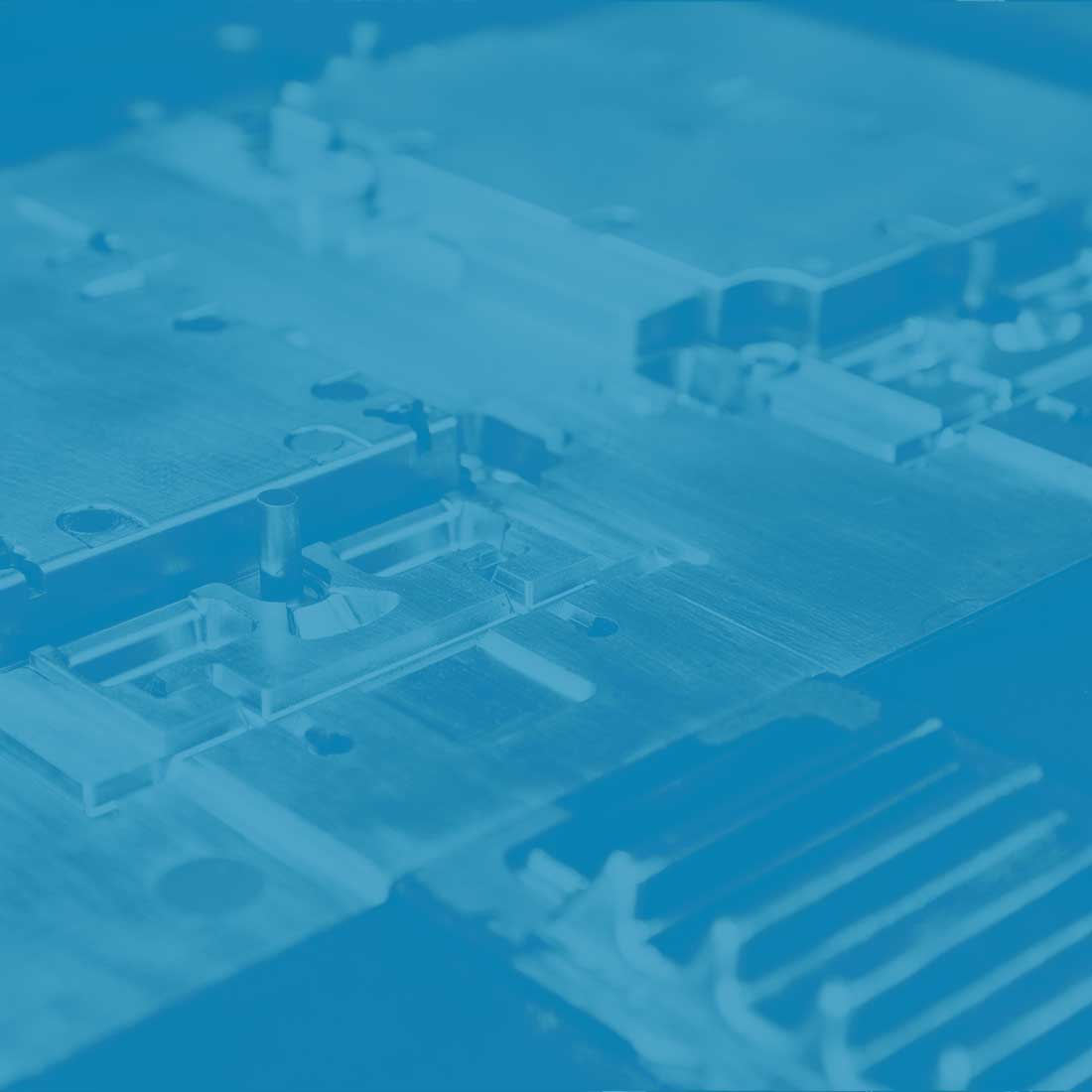
BEARBEITUNG
• Stanzentgratung
• Bohren, Drehen, Fräsen, Schleifen und Gewindefertigung
• CNC-Bearbeitungs- und Drehzentrum
• Rösler-Gleitschleiftechnik
• Rösler-Durchlaufstrahlanlage
• Mulden- und Handstrahlanlagen
• Lasergraviermaschine für 2D-Datenmatrix-Code
und Rückverfolgbarkeit
BAUGRUPPEN-MONTAGE
BAUGRUPPEN-MONTAGE
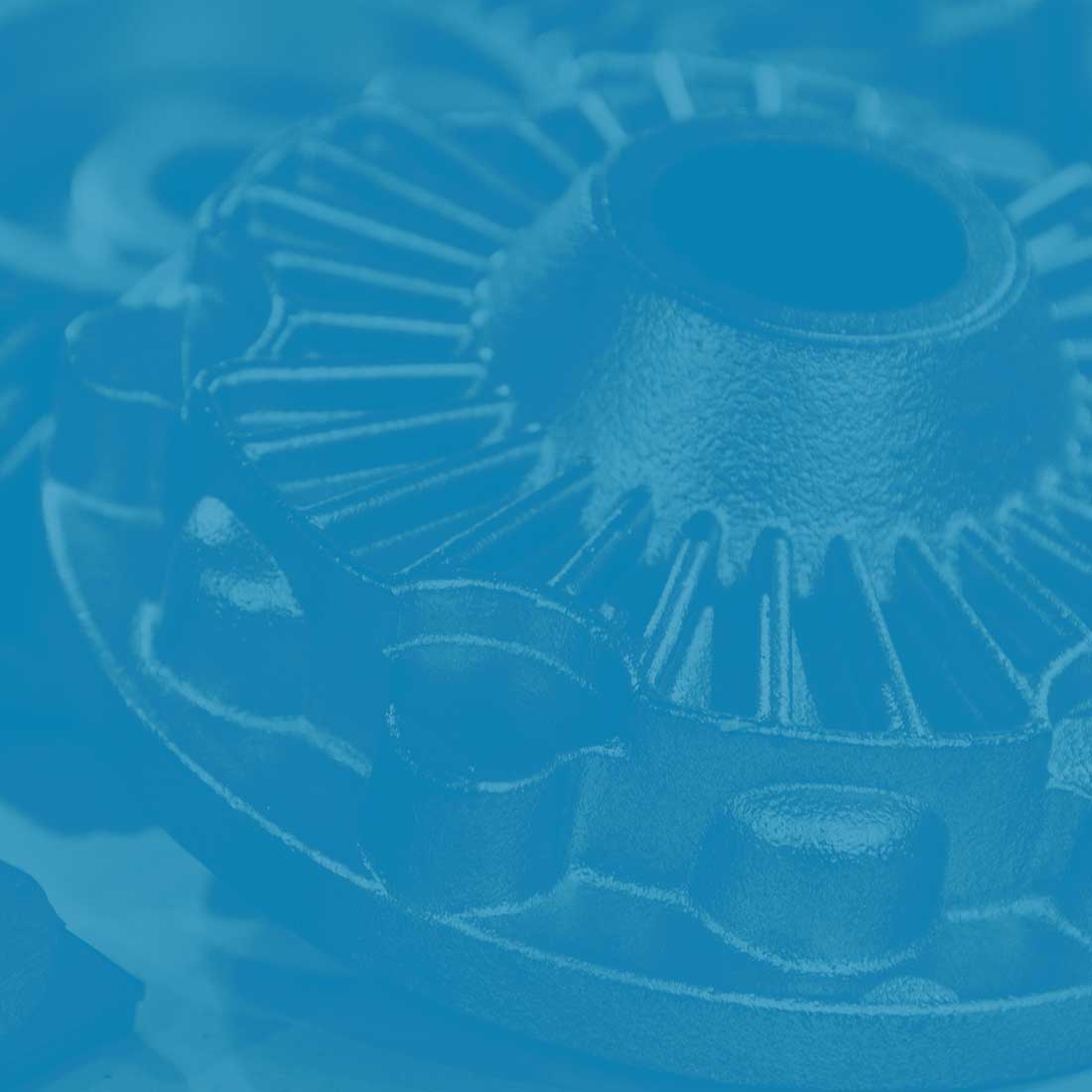
(CNC)-DREHEN, FRÄSEN UND BOHREN
• komplexe Bohr- und Fräsbearbeitung
• Zerspanung
• Beschaffung Bauteile und Komponenten
• Baugruppenmontage
AMZ Weissenseer Präzisionsguss GmbHIndustries
Zinc die-cast parts can be used in almost every industry. The industries listed here have particularly frequent uses for zinc die-castings. So please do not hesitate to contact us for your potential applications.

